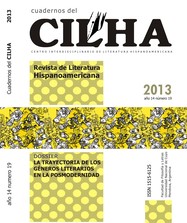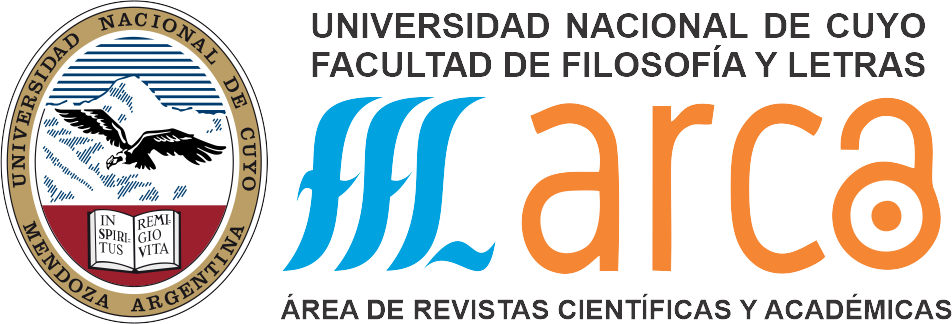Little Red Riding Hood and Postmodern rewriting: the way to anagnorisis
Keywords:
Faity tale, Little Red Riding Hood, Deconstruction, Hospes-Hostis, RewritingAbstract
By revisiting and rewriting texts, Postmodernism goes back to and deconstructs traditional genres, stereotypes, and distorted meanings, questioning and hybridizing them. Considered as a game of visitors and guests, rewriting questions, among others, the way of considering canonized and established genres. In El archipiélago (The Archipelago) (1999) Massimo Caccari points out, when explaining the thesis of his book: "In hospes there always lives hostis, and in hostis, hospes. They are not two different states but interwoven dynamics". We will try to pay attention to these two dynamics, understanding the selected texts as a subversion of the hostis, that one which, located in the Logos, had to identify itself with it for centuries (the whole history of culture) and, until present postmodernism, could not take enough distance as to reach a state of "differentiation".
The characters of fairy tales (in this article we will only focus into "Little Red Riding Hood") stereotyped figures that carry a symbolic-imaginary load, are immersed in a deconstructive game which demolishes the limits of the fixed meaning that myth has imposed them. In that sense, they go from a modern perspective to a postmodern one. The consequence is that some postmodern works deconstruct the characters created by Medieval (and/or legendary) discourses, which carry a univocal mythical meaning. So, they will be revisited, which means that they will be introduced into a non-logical space.
References
Amícola, José. La batalla de los géneros. Novela gótica vs novela de educación. Beatriz Viterbo, Rosario, 2003.
Bacchilega, Christina. Postmodern Fairy Tales: Gender and Narrative Strategies. University of Pennsylvania Press, 1999.
Barthes, Roland. Crítica y verdad. Buenos Aires: Siglo XXI editores, 1976.
Cacciari, Massimo. El archipiélago. Figuras del otro en Occidente. Buenos Aires: Eudeba, 1999.
Calabrese, Elisa y Martínez, Luciano. Miguel Briante. Genealogía de un olvido. Rosario: Beatriz Viterbo, 2001.
Cragnolini, Mónica B. Derrida, un pensador del resto. Buenos Aires, La Cabra, 1999.
Deleuze, Gilles. Diferencia y repetición. Madrid, Júcar, 1988.
Deleuze, Gilles y Félix Guattari. Mil mesetas, capitalismo y esquizofrenia. Valencia: Pretextos, 1988.
Haase, Donald. Fairy Tales and Feminism. Detroit: Wayne State UP, 2004.
Juliano, Dolores. El juego de las astucias. Mujer y construcción de modelos sociales alternativos. Madrid: Cuadernos Inacabados, 1992.
Le Galliot, Jean. Psicoanálisis y lenguajes literarios. Buenos Aires: Hachette 1977.
López Gil, Marta. El cuerpo, el sujeto, la condición de mujer. Buenos Aires: Biblos, 1994.
Naughton, Virginia. Historia del deseo en la época medieval. Buenos Aires: Quadrata, 2005.
Secreto, Cecilia. "Herencias femeninas: nominalización del malestar". En: Cristina Piña (editora). Mujeres que escriben sobre mujeres (que escriben). Buenos Aires: Biblos, 1997.
Secreto, Cecilia. "La travesía de los géneros: el espacio de la reescritura". En: Cristina Piña (editora). Literatura y (pos)modernidad. Buenos Aires: Biblos, 2008. Wanning Harries, Elizabeth. Twice Upon a Time. Women Writers and the History of the Fairy Tales. Princeton: University Press, 2001.
TEXTOS LITERARIOS
Gaite, Carmen. Caperucita en Manhattan. Madrid: Siruela, 2010.
Valenzuela, Luisa. "Si esto es la vida yo soy Caperucita Roja". En: Simetrías. Barcelona: Plaza y Janés Editores, 1997.





















